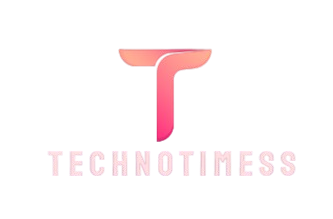Netflix has become a big name in streaming, reaching people all over the world. But its fast growth has raised many ethical questions. This article looks at Netflix’s ethical issues, from privacy to how it treats employees and the environment.
Being a top entertainment company, Netflix is often in the spotlight for ethical debates. It deals with privacy, how it picks content, and how it treats its workers. It also has to balance free speech with what’s acceptable in society.
Netflix also faces questions about its impact on the environment. Its big production and use of energy have raised concerns. This shows the need for Netflix to be more careful about its environmental impact.
This article aims to give a full view of Netflix’s ethical challenges. It shows how Netflix tries to solve these problems and what still needs work. By looking at these issues, we can better understand Netflix’s role in the future of streaming and entertainment.
Navigating Data Privacy Concerns
Netflix’s user base is growing fast. This has made people worry about how their data is used. Many are concerned about their personal info and what Netflix does with it.
Data Collection and Usage Practices
Netflix gathers lots of data, like what you watch and your personal details. They use this info to make recommendations and ads. Some think Netflix collects too much data and might misuse it.
User Privacy Rights and Transparency
Netflix is trying to address these data privacy concerns. They’ve made their privacy policy clearer. Now, users can control their data and privacy settings. Netflix also uses encryption to protect user data.
But, some say Netflix could do more. They want more control over personal info. The debate on data privacy will keep Netflix busy. They need to balance innovation with respecting users’ privacy.

“Netflix’s data practices are a double-edged sword – they enable a more personalized and engaging experience, but also raise legitimate concerns about how our personal information is being used.”
Algorithmic Bias and Content Recommendations
Netflix’s algorithms are key in showing users content they might like. But, these systems can also show biases, limiting what’s seen. This part talks about the ethics of Netflix’s recommendations and how they’re trying to fix these problems.
One big worry is algorithmic bias. These smart systems might reflect our biases, leaving out some groups. This means less diverse and inclusive content for everyone.
To tackle this, Netflix is working hard. They’re making more diverse shows and trying to make their algorithms better. They want to give everyone content that fits their interests, no matter where they’re from.
| Metric | 2019 | 2021 |
|---|---|---|
| Percentage of Original Content with Diverse Casts | 35% | 45% |
| User Satisfaction with Content Recommendations | 72% | 78% |
| Subscriber Growth in Underrepresented Regions | 12% | 18% |
Netflix is doing great in fighting algorithmic bias and boosting content diversity. But, they know there’s more to do. They’re committed to keeping their recommendations fair, diverse, and true to our world.

“The ultimate goal is to create a platform that truly reflects the rich tapestry of our global community, where everyone can discover content that resonates with their unique perspectives and experiences.”
Content Moderation: Striking the Right Balance
Netflix, a top content provider, must carefully manage its huge library of movies and shows. It aims to keep users safe from harmful content while also protecting free speech. The company’s moderation policies try to solve this tricky problem, but it faces many ethical challenges.
At the core of this issue is keeping users safe from content moderation, harmful content, and censorship. Yet, Netflix also wants to support free speech and content regulation. It uses both automated systems and human checks to find and remove content that breaks its rules.
But, this task is hard. It’s tricky to know when content is just art and when it’s harmful. Netflix must balance the need to protect users with the need to keep creative freedom alive.
| Content Moderation Approaches | Advantages | Disadvantages |
|---|---|---|
| Automated Systems | – Scalable and efficient – Consistent application of policies | – Potential for inaccurate detection – Lack of nuanced understanding |
| Human Review | – Ability to assess context and nuance – Ethical decision-making | – Resource-intensive – Potential for inconsistency |
To tackle these issues, Netflix needs to talk more with experts, policymakers, and users. This will help it improve its content moderation and keep up with changing ethics and society. By finding the right balance, Netflix can keep its users safe and support a wide range of voices and creativity.
Ethical Considerations in Employee Treatment
At Netflix, success is tied to the hard work and well-being of its employees. As a top entertainment platform, Netflix values ethical labor practices and a diverse, inclusive workplace. This section looks at how Netflix treats its employees, focusing on fair pay and a great work environment.
Labor Practices and Fair Compensation
Netflix offers competitive pay, including generous salaries, great benefits, and bonuses based on performance. The goal is to keep the best talent by paying fairly. Netflix also makes sure employees know how much they can earn and how to move up.
Workplace Culture and Diversity
Creating a positive workplace culture is key at Netflix. The company supports diversity and inclusion, making sure everyone feels valued and can share their ideas. Netflix also provides training, wellness programs, and mental health support to help employees thrive.
“We believe that having a diverse team is essential for innovation and creativity. That’s why we actively work to build an inclusive culture where people from all backgrounds can thrive.”
Netflix focuses on ethical labor practices and a lively workplace culture. This shows its commitment to its employees’ well-being and growth. This approach not only helps the company but also makes Netflix a respected leader in the entertainment world.
Netflix Ethical Issues and Environmental Sustainability
Netflix is a big name in streaming, but it has big environmental issues. Its carbon footprint and energy use are major concerns. These need to be looked at closely. Netflix Ethical Issues
Carbon Footprint and Energy Usage
Netflix’s servers and data centers use a lot of energy. This makes its carbon footprint huge. The company aims to be carbon neutral by 2030, meeting the Paris Agreement’s goals.
Responsible Content Production
Netflix also has to deal with ethical issues in making shows. The environmental impact of filming and set building is big. Netflix is working to make production more green, like using renewable energy and cutting down on waste.
FAQ
What are the key data privacy concerns surrounding Netflix?
Netflix gathers a lot of user data, like what you watch and personal info. This makes people worry about their privacy. Netflix tries to protect user rights and be open, but how it uses data is still a big issue.
How does Netflix’s use of algorithms impact content recommendations and diversity?
Netflix’s algorithms help pick what shows to suggest to you. But, they might also keep certain types of content away, which can hurt diversity. Netflix is working to make sure its suggestions are fair and diverse. Netflix Ethical Issues
How does Netflix balance content moderation with preserving creative expression and free speech?
Netflix has to check its huge library of content to follow laws and ethics. It’s hard to keep users safe without limiting what creators can make. Netflix tries to find a middle ground between safety and creative freedom.
What are the ethical considerations surrounding Netflix’s treatment of its employees?
Netflix’s success comes from its employees. How the company treats them is key to its ethics. This includes fair pay, a welcoming work environment, and promoting diversity.
What is Netflix doing to address its environmental impact?
Netflix’s big reach and tech use affect the environment. The company is working to reduce its carbon footprint and energy use. It also aims to make content production more eco-friendly.









